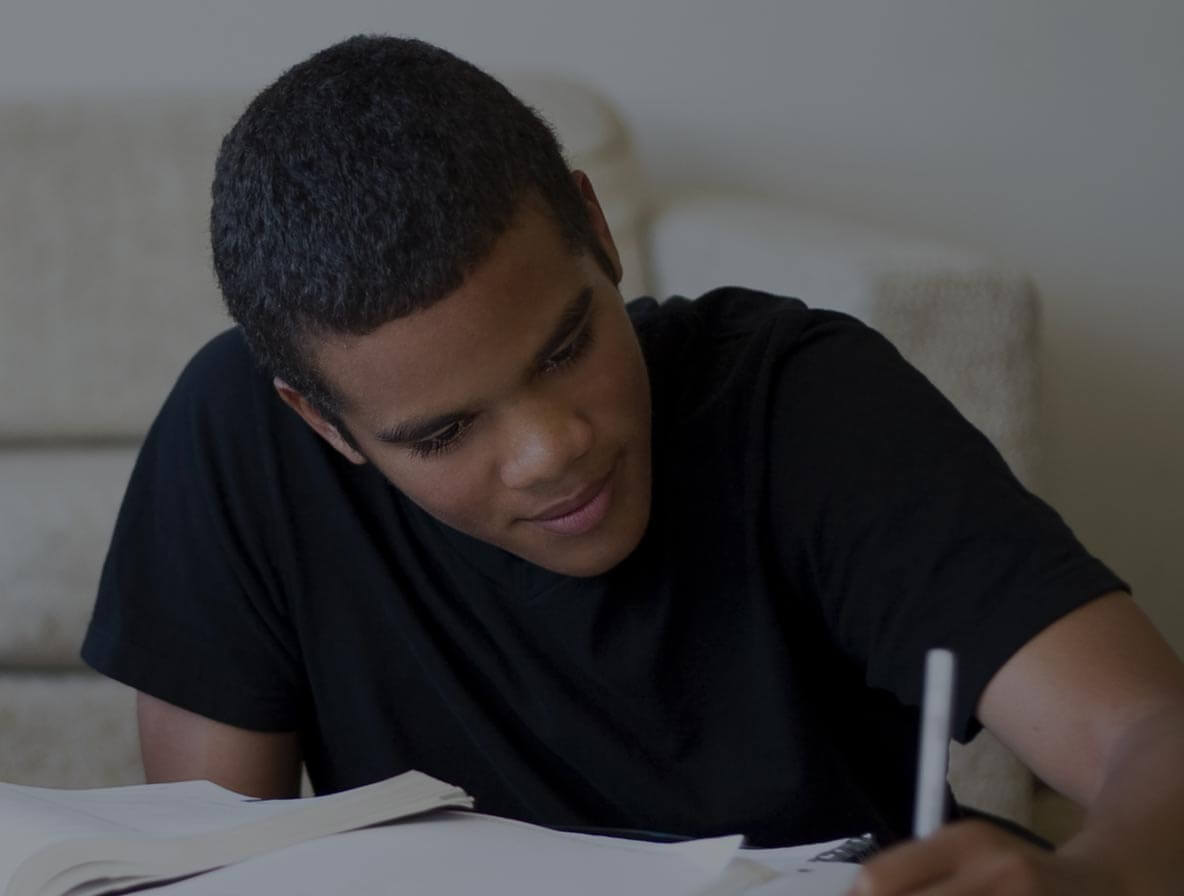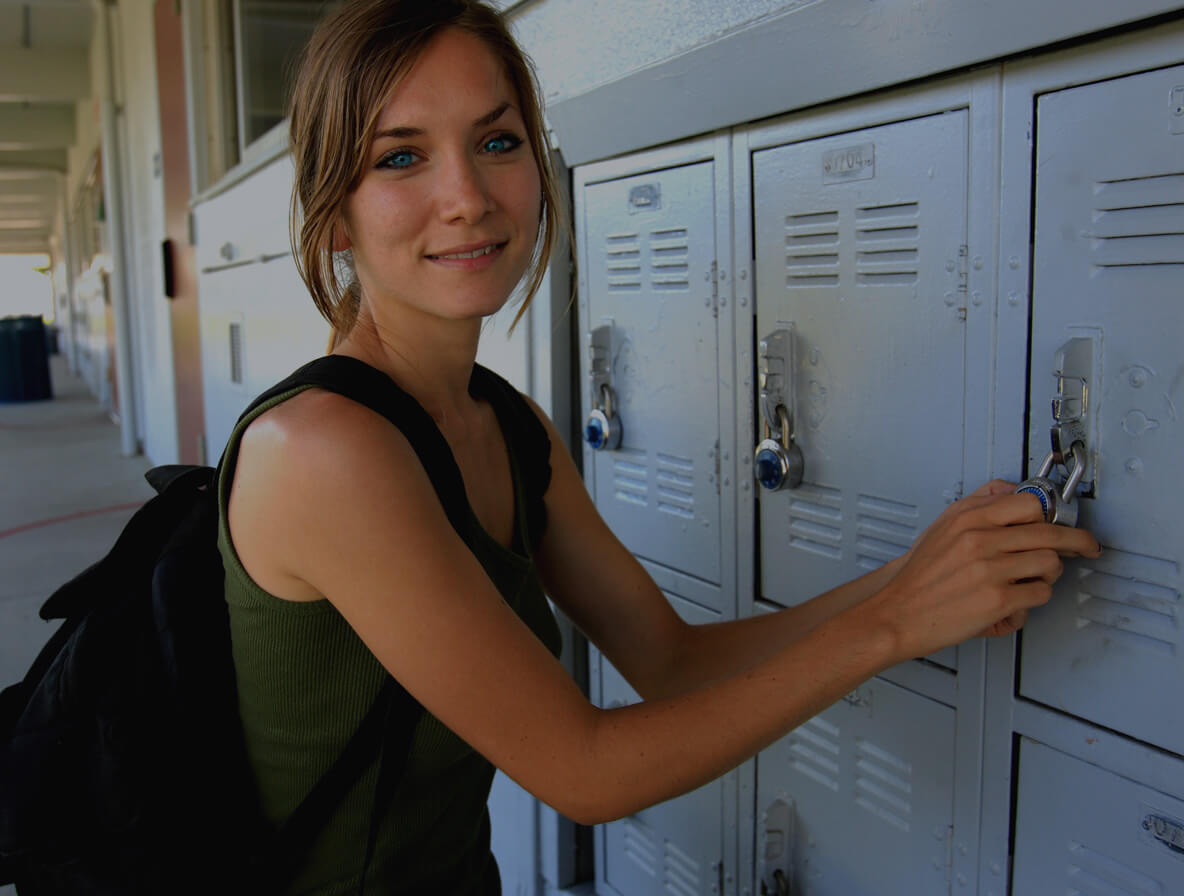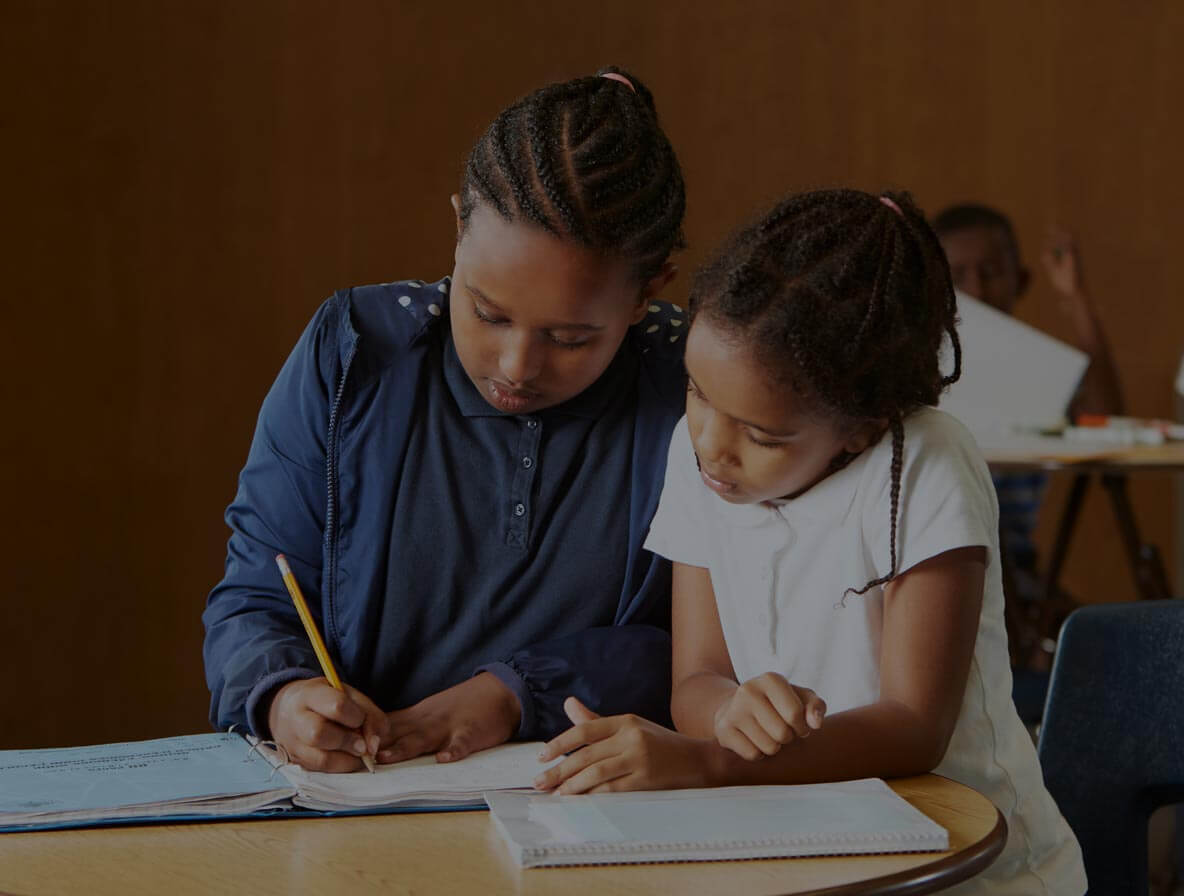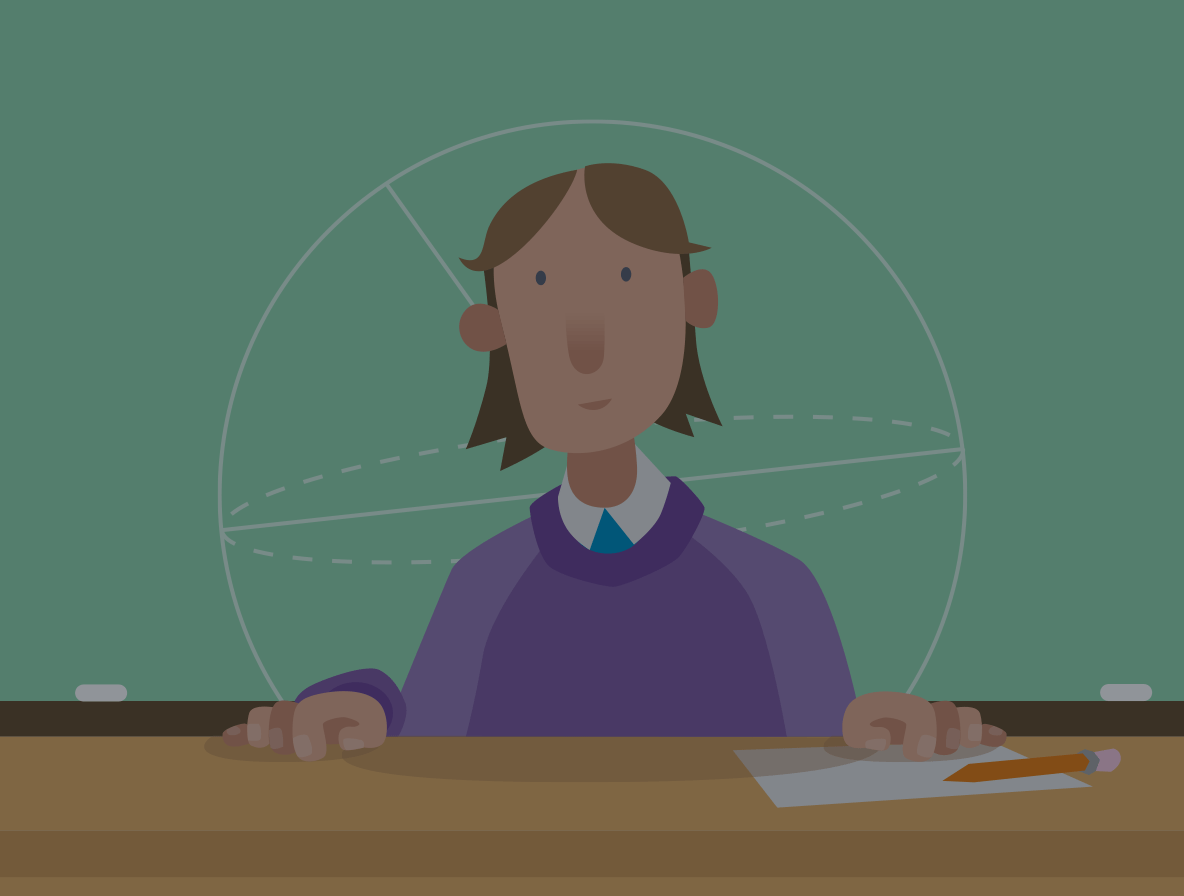Kids Help Phone is here for you during the COVID-19 pandemic. School looks a bit different this year, with many students studying either through e-learning, in-person classes in some provinces/territories or even a combination of the two. It’s important to find ways to get support with school (e.g. by reaching out virtually, etc.) while practising physical distancing.
Find out if these three key things are affecting your grades.
If your grades are lower than you’d like, consider what could be affecting them, like:
1. Study habits
Good study habits require three things:
a. Discipline
Being disciplined about doing your schoolwork will help you improve your grades. This means:
- regular and consistent studying
- staying caught up with your homework
- fitting studying into your schedule almost every day
b. Structure
Homework and study time need to be planned as part of your regular activities. A good way to do this is to create a study schedule and stick to it:
- Set aside time every day, or most days, for studying or doing homework.
- Avoid multitasking (like texting or watching TV) while you work. It divides your concentration, making studying less effective.
c. Quiet surroundings
Find a space at home where you won’t be interrupted or distracted by the phone, TV, Internet, music or people talking. If you can’t find a quiet space, block out the noise with earplugs or try listening to relaxing music.
2. Procrastination
Procrastination means avoiding doing something that needs to be done, such as studying for a test or writing an essay. If you leave tasks to the last minute, you’ll feel more stressed out and you won’t be able to do your best work. Ways to prevent procrastination include:
- setting goals
- prioritizing your activities
- managing your time
- studying in small blocks of time
- removing distractions
- rewarding yourself for success
3. Stress and anxiety
Stress and anxiety can also lead to poor grades. If you’re stressed or anxious, you may:
- feel irritable, nervous, worried or moody
- have difficulty concentrating
- be afraid of failing
- laugh or cry for no reason
- lose your appetite
- have trouble sleeping
These ideas can help you cope with stress:
- take things one step at a time
- focus on things you can do (rather than things out of your control)
- try to relax by taking several deep breaths
- concentrate on the present — what needs to be done right now?
- take a break and come back to the task when you have cleared your thoughts






















